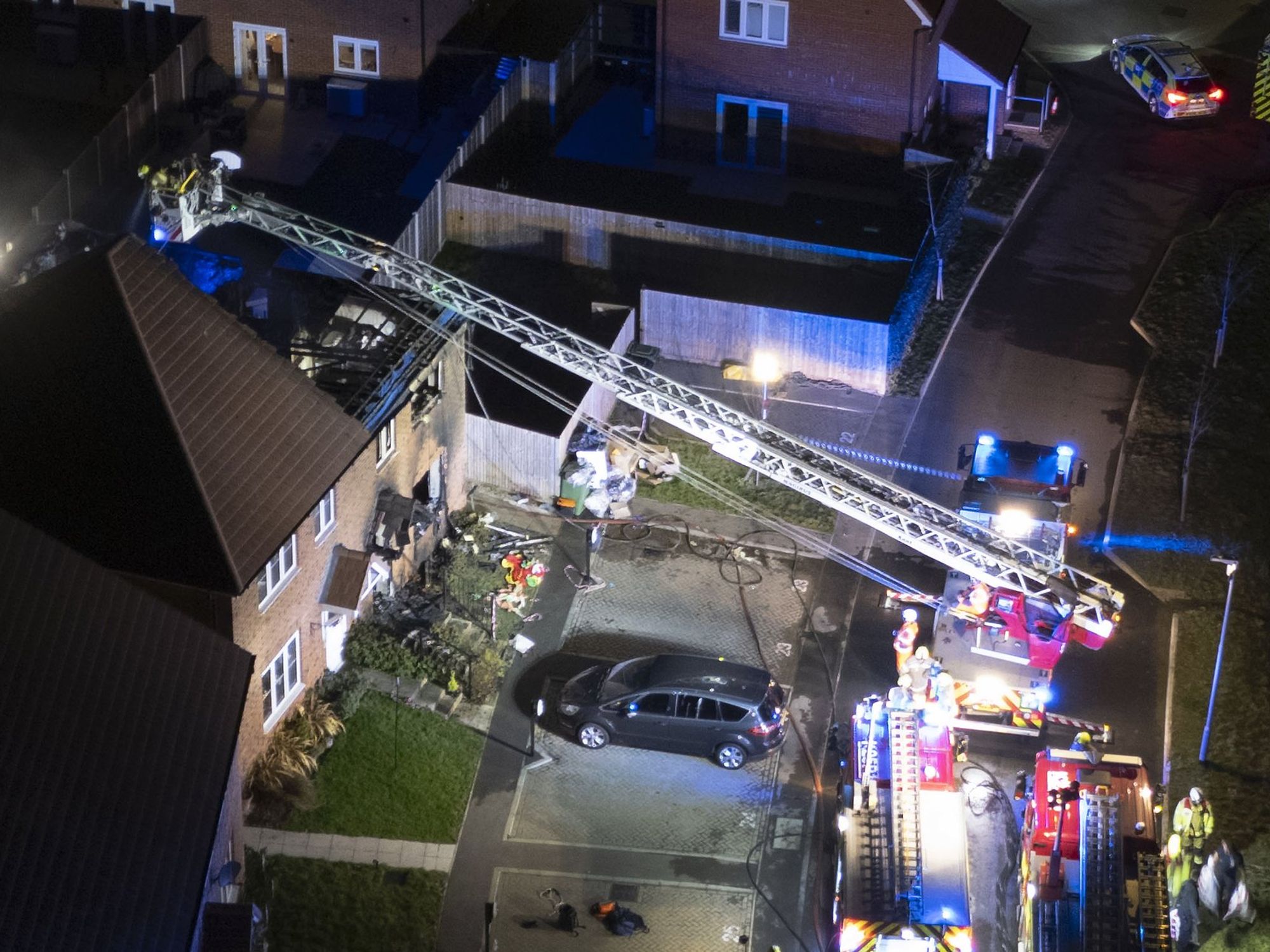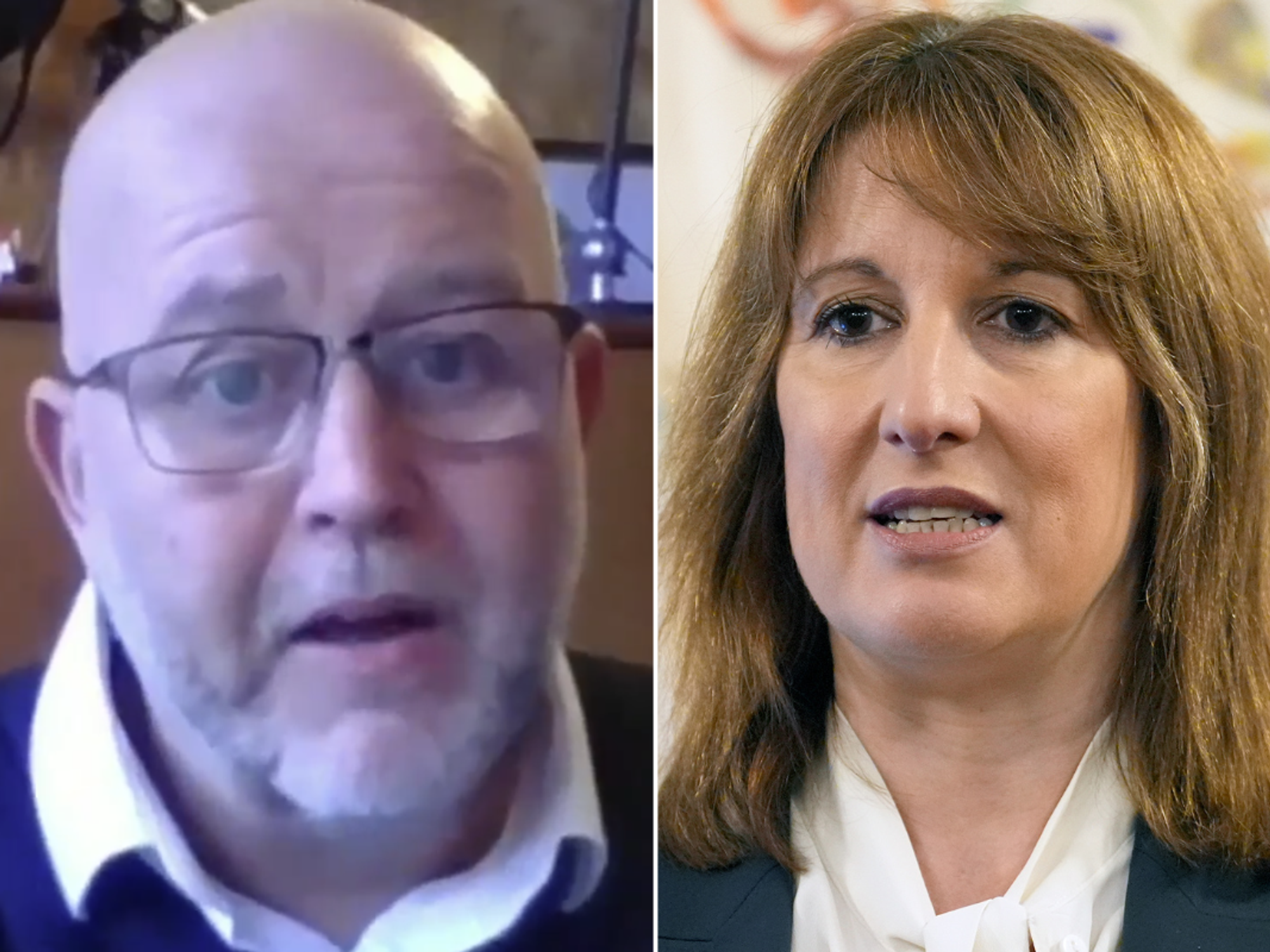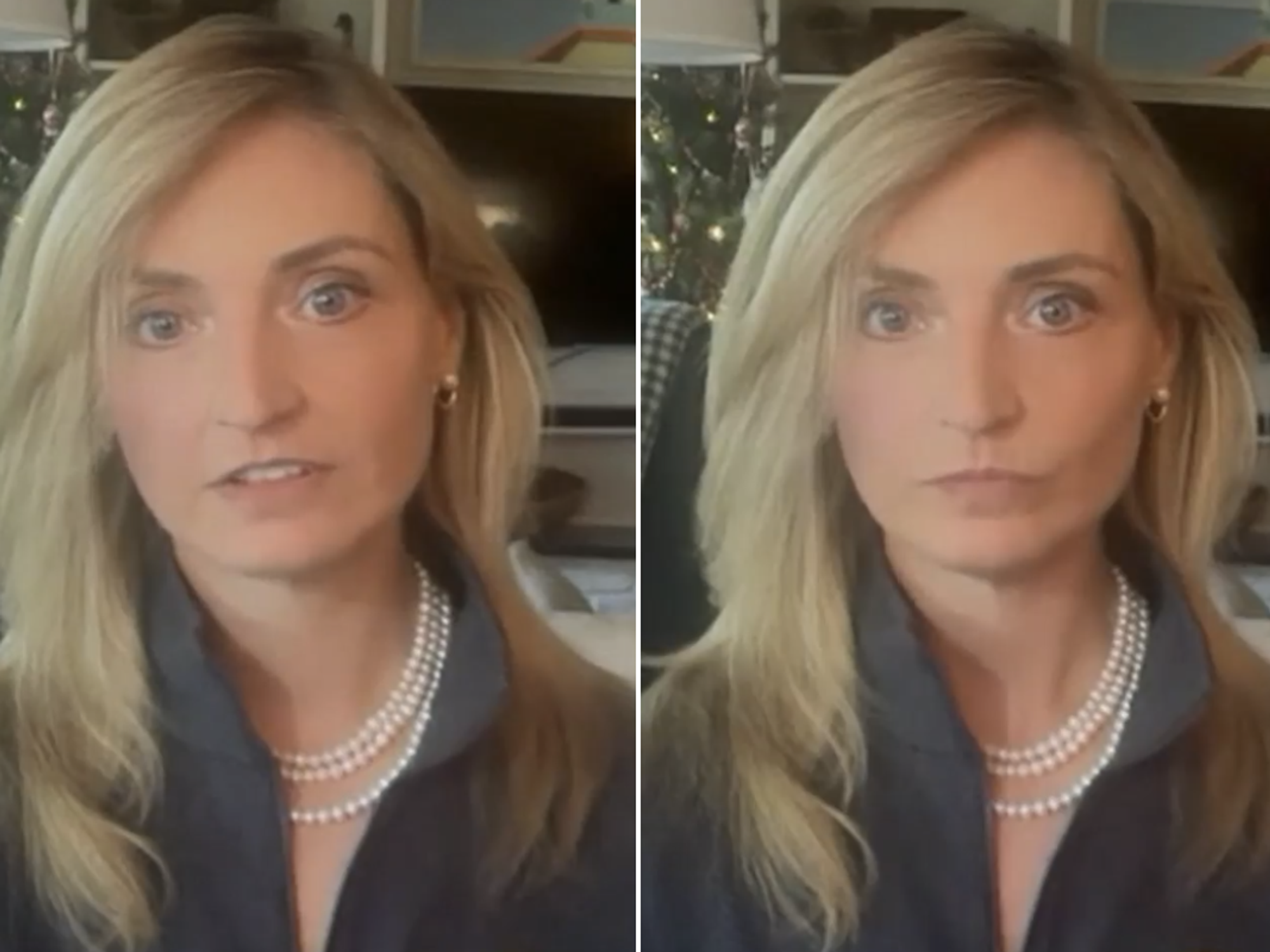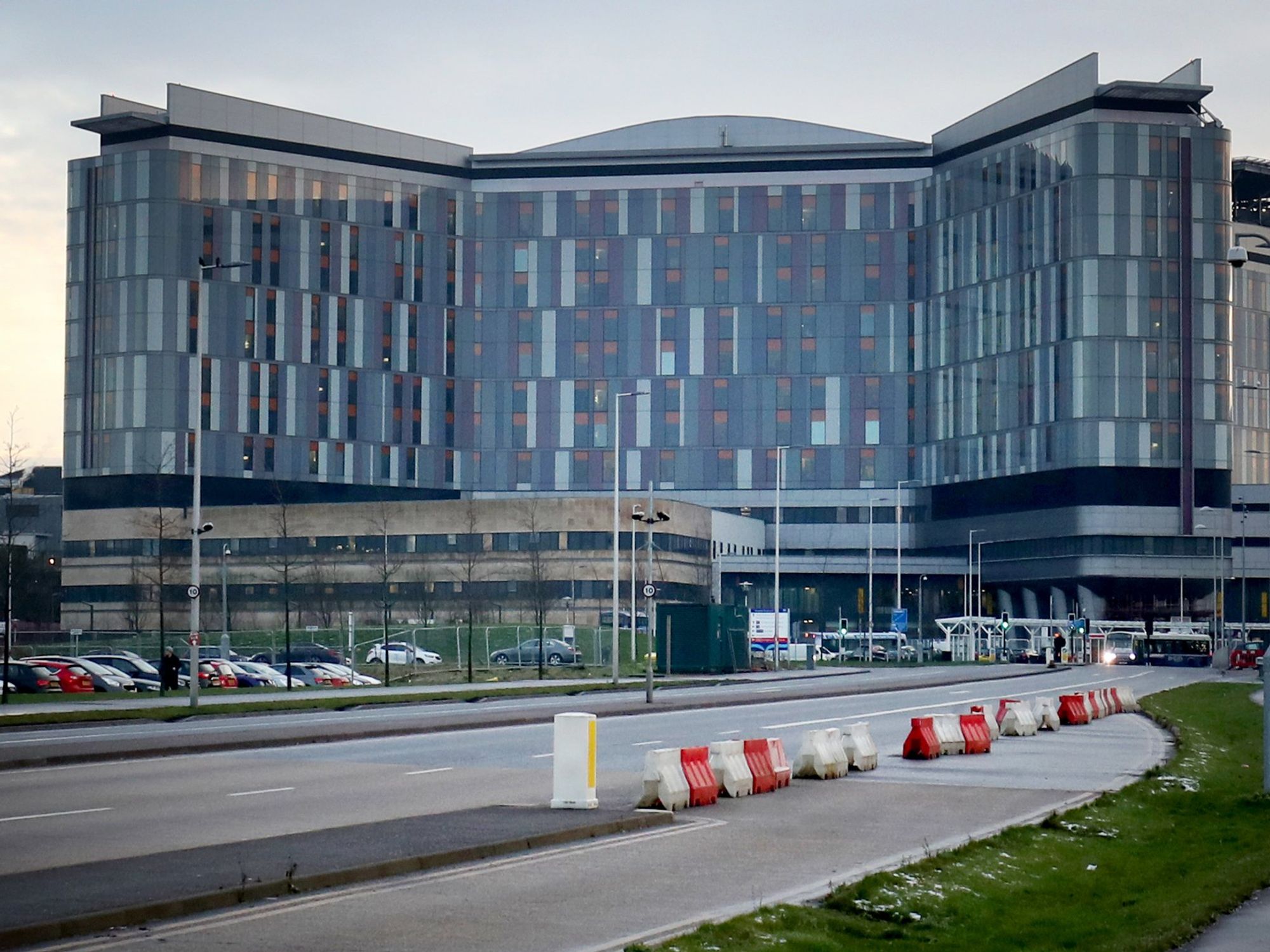Why France is getting into a frenzy after Macron appoints Michel Barnier as new prime minister
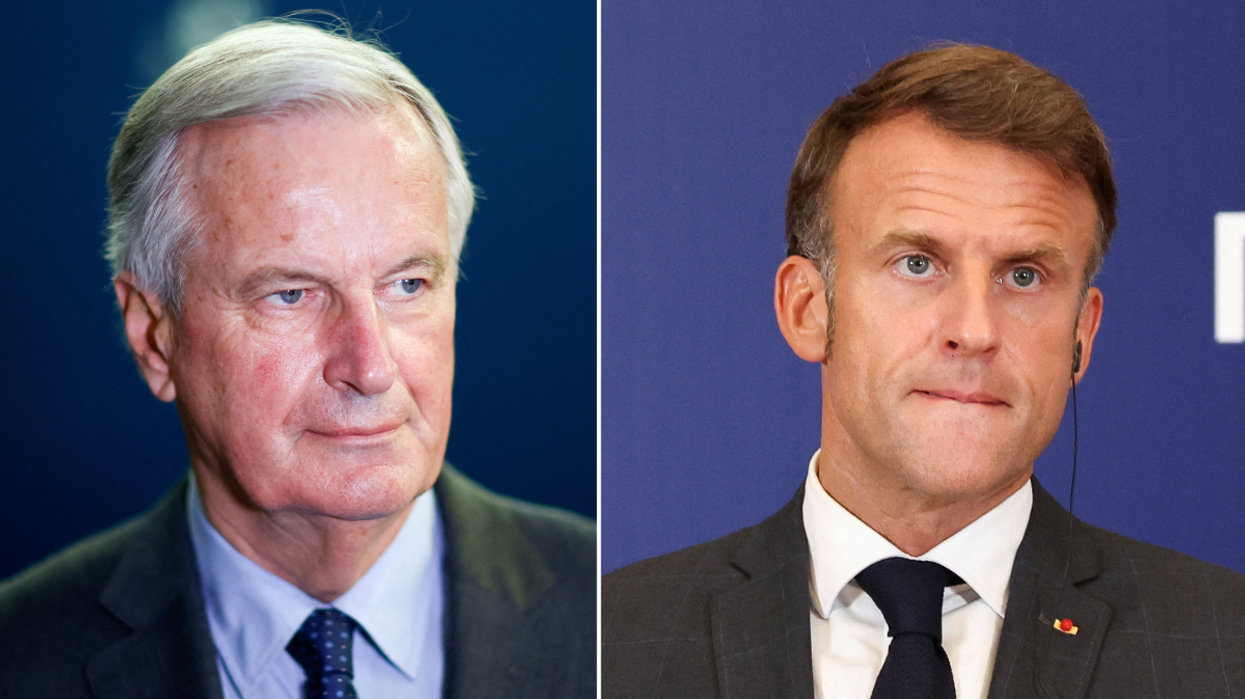
French President Emmanuel Macron appointed Michel Barnier as prime minister Thursday
|Reuters

Pressure was mounting on the president this week to elect a leader two months after losing a legislative vote
Don't Miss
Most Read
Two months after snap elections in France delivered a hung parliament, President Emmanuel Macron appointed Brexit negotiator Michel Barnier as France’s next prime minister.
After the elections in July, no party was able to form a clear majority in the National Assembly leaving French politics in deadlock.
Lengthy talks and a continually changing flurry of possible candidates marked Macron's journey to decide on the future leader.
But, on Thursday the president made his final decision with the Elysée stating that the nomination comes after "an unprecedented cycle of consultations" and the president made sure the prime minister and his government would have "the most stable conditions possible."
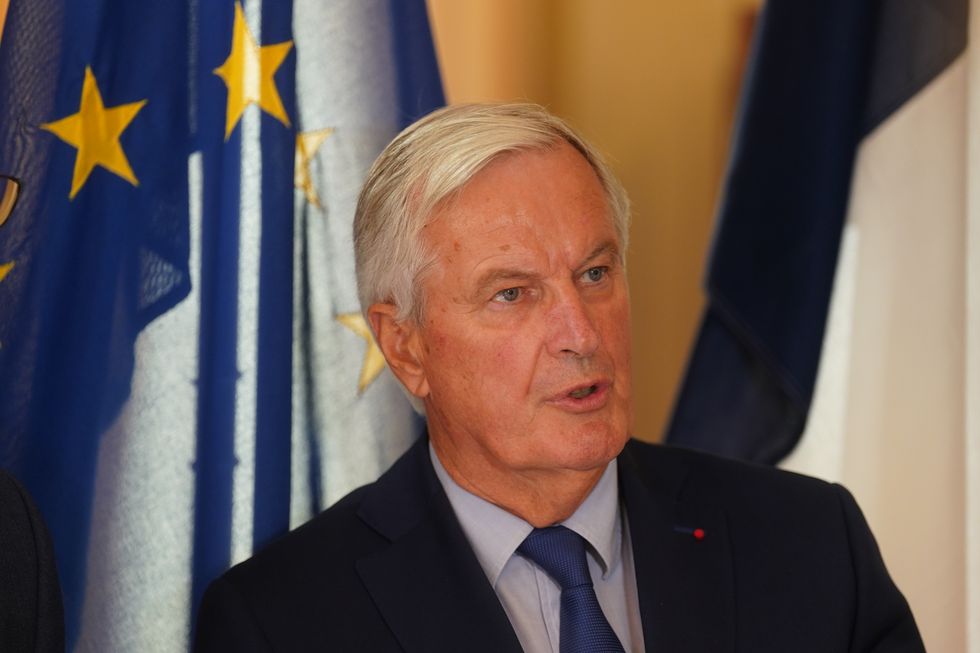
Former EU Brexit negotiator Michel Barnier has emerged as the latest frontrunner for prime minister in France
|PA
Barnier, 73, is a veteran of the French conservative party Les Républicains (LR) who led talks with Britain over its exit from the bloc from 2016 to 2021.
The newly elected prime minister previously served four times as cabinet minister and twice as a European commissioner before becoming the head of the Brexit task force in 2016.
The appointment has stirred criticism in France with hard-left politician Jean-Luc Melenchon urging his supporters to take to the streets in protest this Saturday.
On the right, Marine Le Pen of the National Rally (RN) party ruled out being part of any Barnier-led government.
However, Jordan Bardella, also from the RN, said the party would "judge his general policy speech, his budgetary decisions and his actions on the evidence... and we reserve all political means of action if this is not the case in the coming weeks."
Barnier was the latest name to emerge following a steady stream of contenders drawn up from the civil service and parties from the left and right over the past weeks.
On Monday, Macron met with six different people from across the politic spectrum including former presidents Nicolas Sarkozy and François Hollande.
In France, the president is responsible for appointing a prime minister who can command a majority in the National Assembly.
In recent years, the president has appointed a prime minister from the same party as they are elected within a few weeks of each other.
But Macron resisted appointing the left candidate, Lucie Castets, as prime minister having argued that the New Popular Front does not have enough support in the National Assembly and would not survive a vote of no confidence.
Among the list of other potentials was Bernard Cazeneuve a moderate socialist who was Hollande’s prime minister for six months.
However, his chances of an appointment appeared to fade out immediately according to French political commentators.
The former Socialist was unlikely to garner support of the old allies and he had signalled in recent days he would keep his independence if elected.
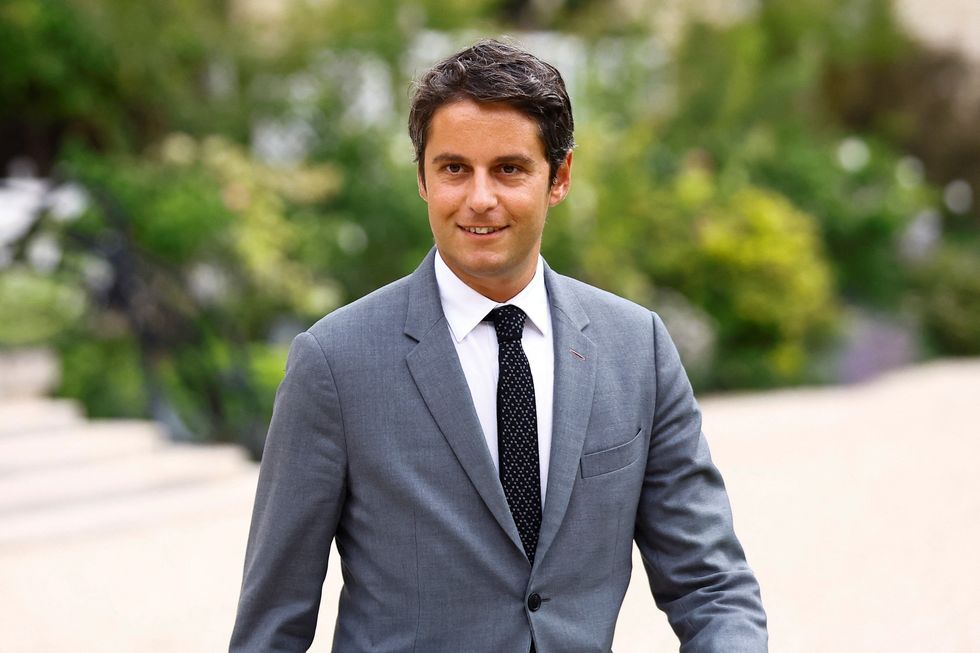
The current French Prime Minister Gabriel Attal was grilled by pupils at a school trip about who was going to be the next leader
|Reuters
LATEST FROM MEMBERSHIP:
Then it was rumoured that Macron could appoint Thierry Beaudet, a little-known top civil servant to the post, but overnight Xavier Bertrand, a centrist conservative who is believed to dislike Macron was the new favourite.
Karim Bouamrane, the socialist mayor of Saint-Ouen, was also suggested but was quickly swept under the carpet.
On Tuesday, Macron held talks with conservative leaders including Senate leader Gérard Larcher and conservative parliamentary leader Laurent Wauquiez, according to people with inside knowledge but not authorised to speak publicly.
This week both the president and prime minister faced scrutiny over the rise and fall of potential candidates with mocking memes and jokes online.
The outgoing Prime Minister Gabriel Attal was grilled by a group of pupils during a school visit in the Paris region on Monday who asked him who would be the next prime minister and if he was still friends with the president.
Pressure continued to mount on the president to choose a prime minister and break the political deadlock as the deadline for the start of the 2025 budget discussion in parliament loomed next month.





